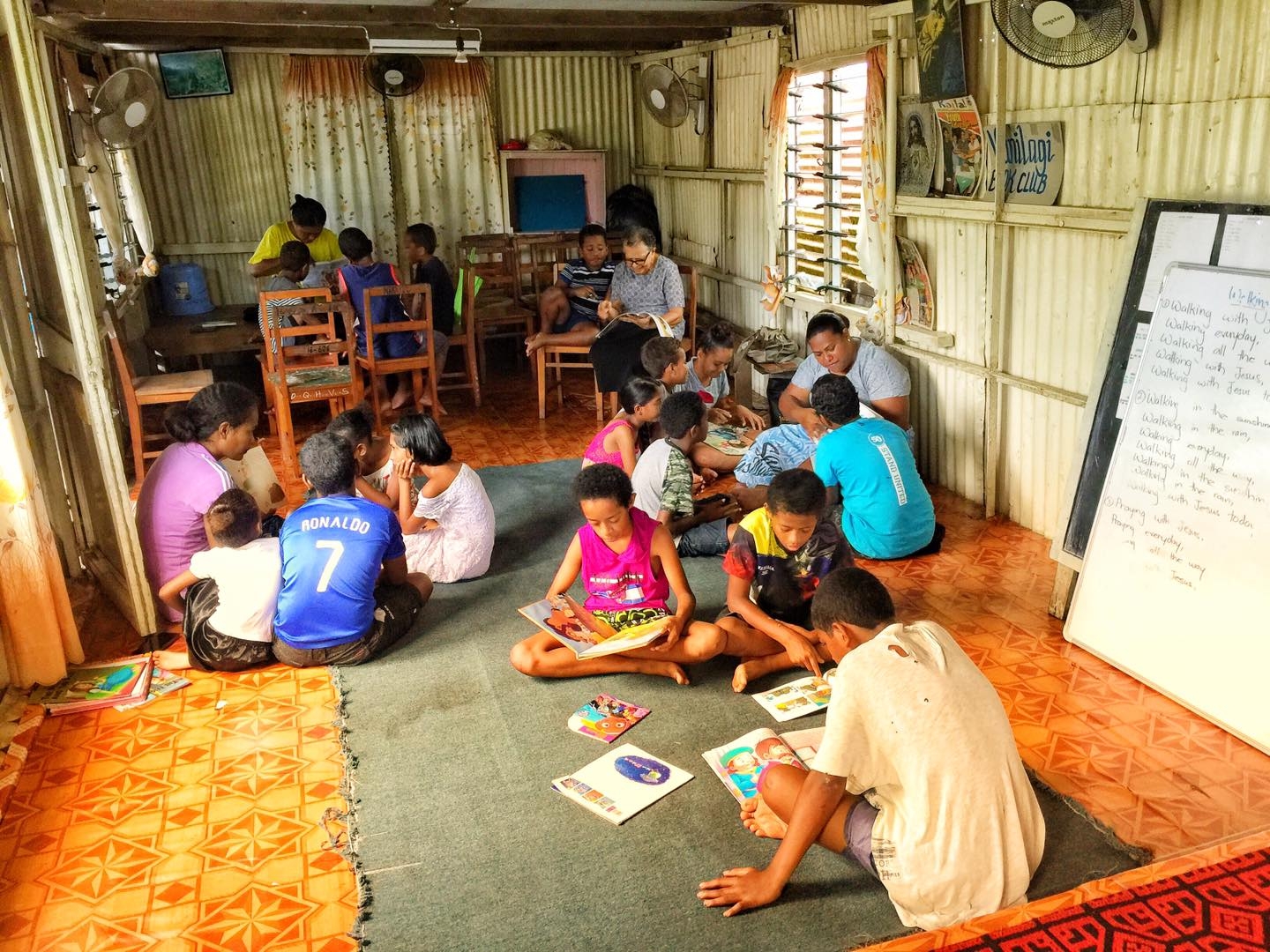Our children are valuable and we have the responsibility to ensure that they are educated; that they have the basic needs to go through school.”
That’s the firmly-held belief of Vunilagi Book Club founder Mariana Waqa, who for four years has worked with a group of volunteers to bring high-quality books and literacy programs into a sprawling Suva informal settlement.
The settlement in which they work, Nanuku, is just three kilometres from Suva’s city centre and a stone’s throw from the University of the South Pacific. USP academics Nicholas . . .
Please Subscribe to view full content...
